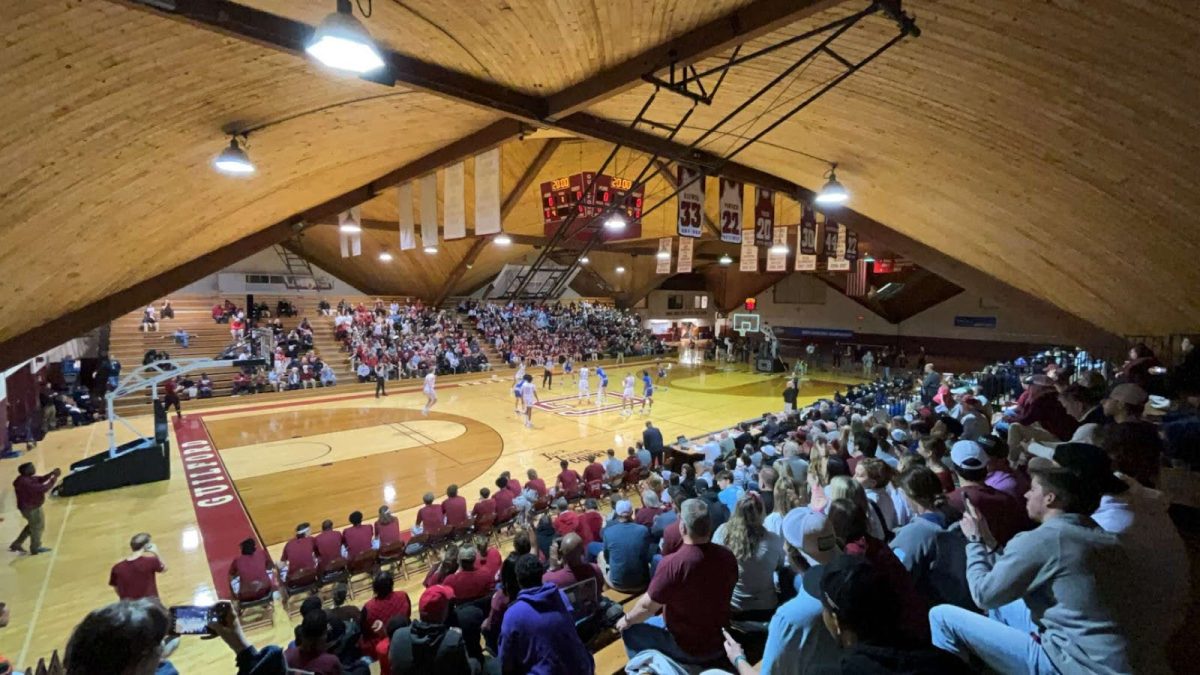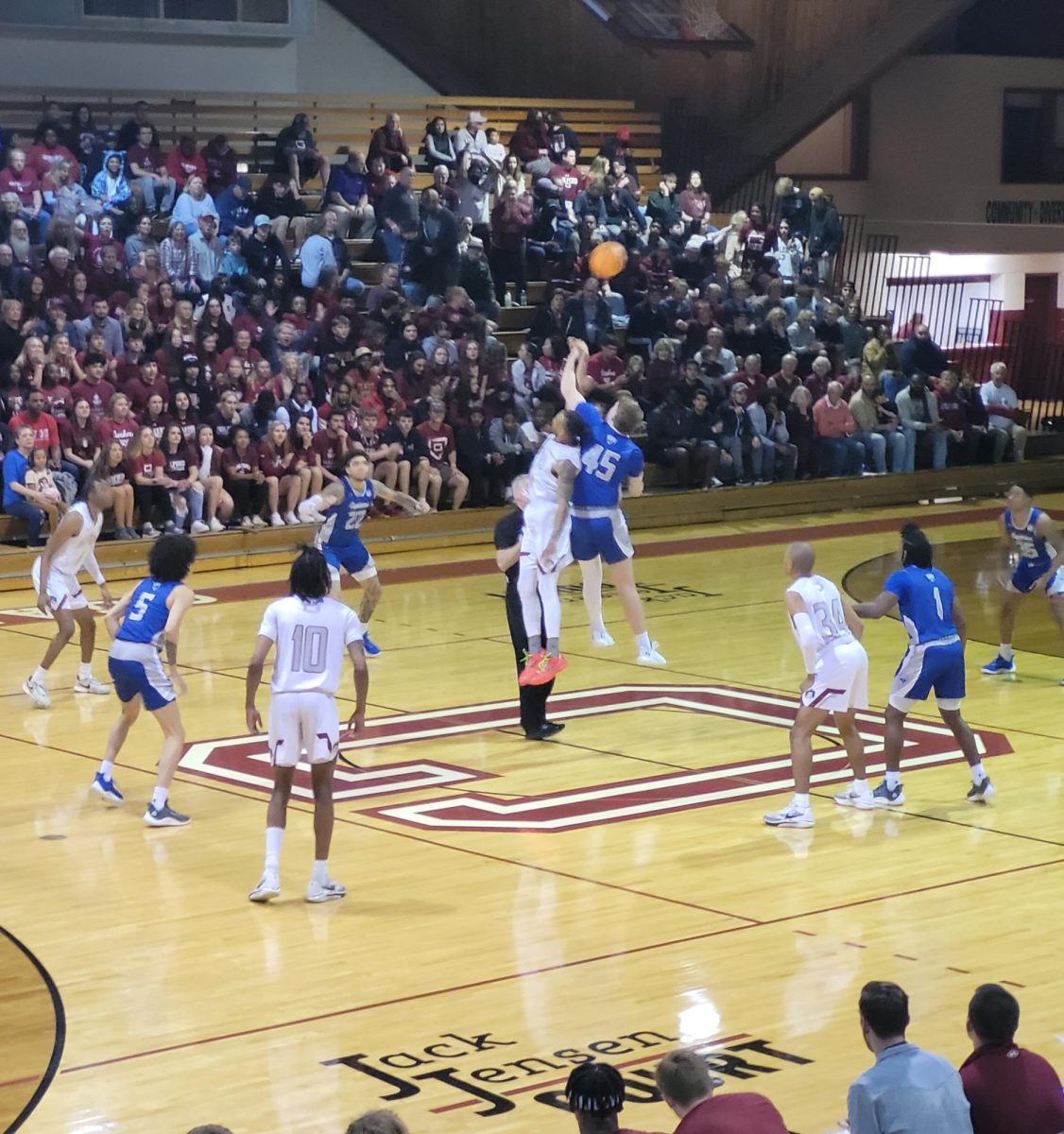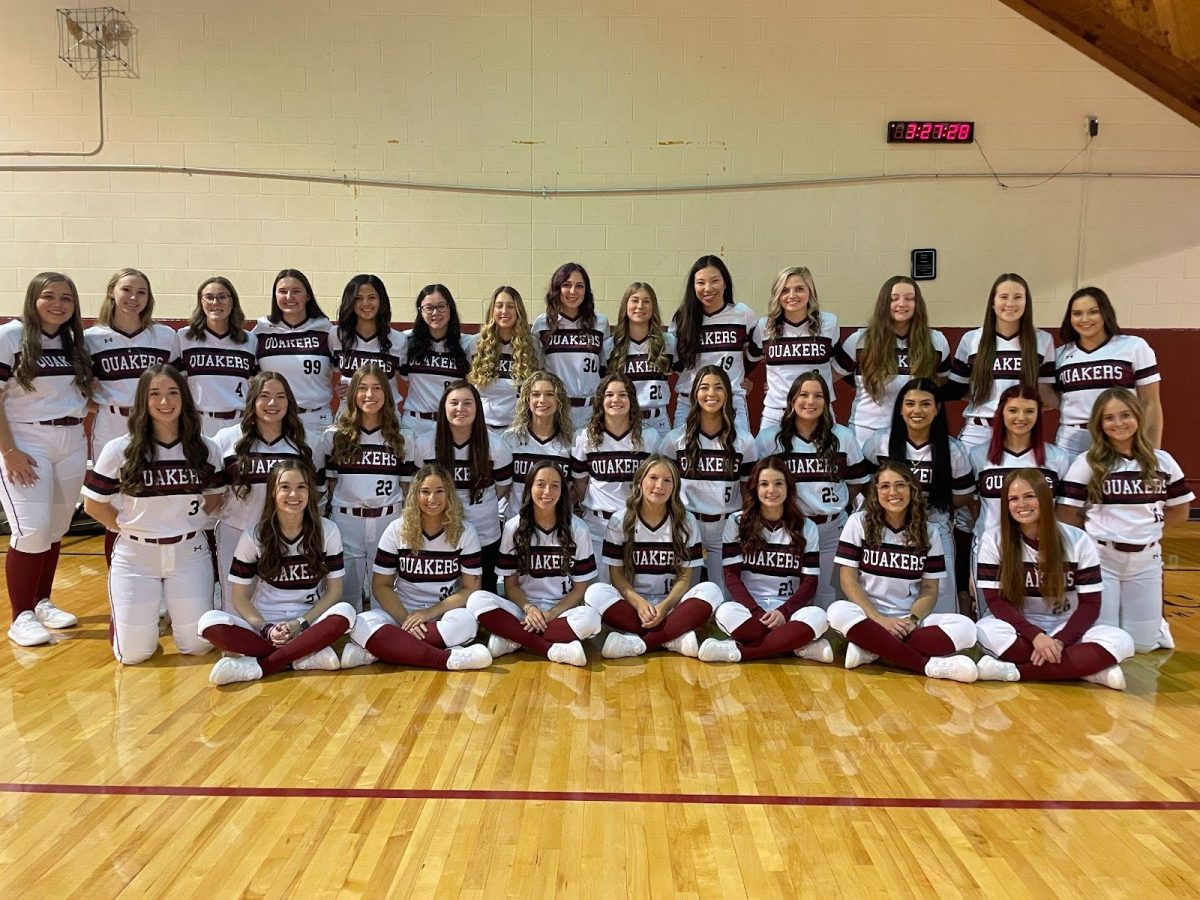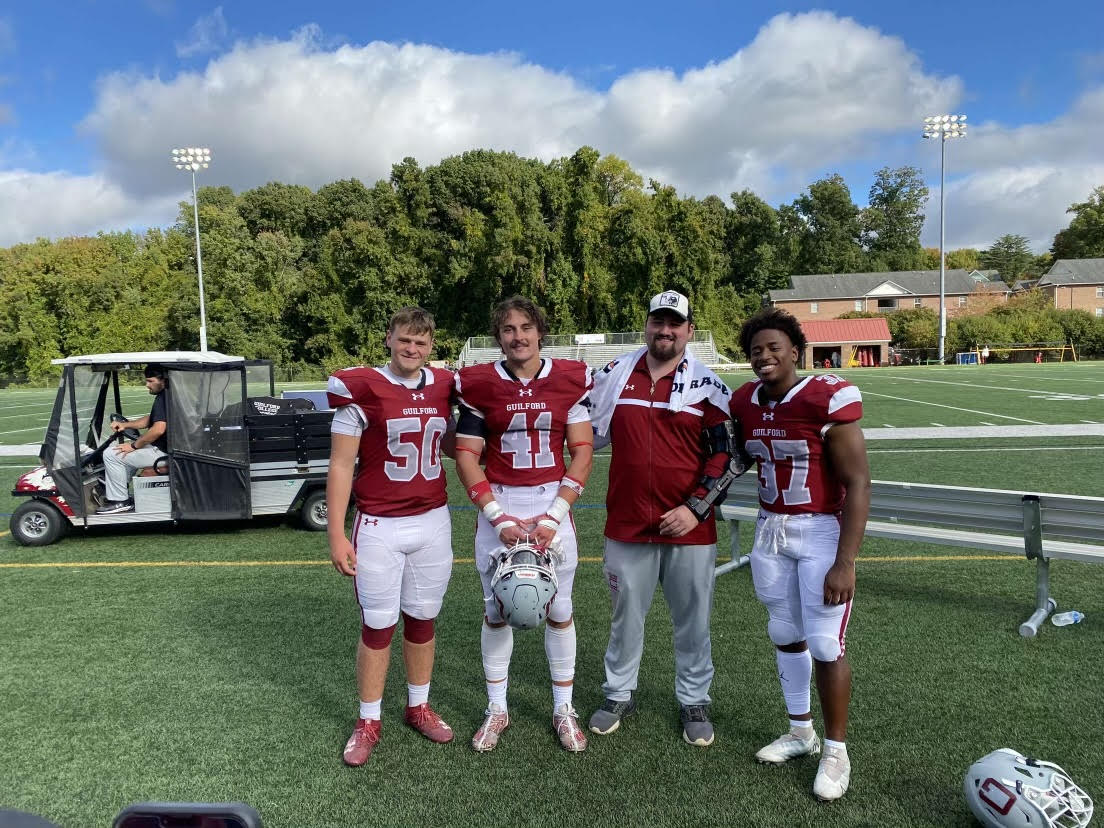For the first time in the history of college sports, athletes are asking for representation by a labor union. This action may lead to a more active role for the student athlete in the business of college football.
“I think the NFL concussion discussion has us rethinking long-term athlete disability,” said senior golfer Dallas Page. “Taking care of those who have sacrificed their health for your organization is a common expectation in society.”
A college quarterback is known for his leadership on the field.
Kain Colter, a graduating Northwestern University quarterback, is leading NCAA student-athletes off the field.
On Jan. 28, Amogi Huma, president of the National College Players Association, filed a petition on behalf of Kain Colter and anonymous Northwestern football players, with the National Labor Relations Board.
“The action we’re taking isn’t because of any mistreatment by Northwestern,” said Colter to ESPN’s “Outside the Lines.” “The school is just playing by the rules of their governing body, the NCAA.”
The NLRB is the federal organization that recognizes groups seeking collective bargaining rights.
“We’re interested in trying to help all players,” said Colter. “This action is about protecting current players and future NCAA athletes.”
The unionization effort is an attempt to ensure that student athletes are heard in discussions by NCAA officials regarding health and compensation policies.
“There is going to be pushback by the NCAA,” said Robert Malekoff, associate professor of sports studies. “Right now, through the NCAA, the NFL has a free minor league system to develop talent.”
The free NCAA farm system is not the only reason that the establishment will ferociously fight the unionization attempt.
“This case can lead to a series of compromises in the future,” said Malekoff. “One effect could be a challenge to the NCAA and NFL’s ability to operate as tax exempt organizations.”
Currently, NCAA Division I student athletes’ scholarships are handed out on a year-to-year basis. They are not a full four-year guarantee by the university.
Many critics site this as an inherent flaw. Without a full four-year guarantee to attend college, the student athlete is distracted from focusing on his education.
The student athlete is treated like an indentured servant whose accomplishments on the field determine their opportunity in the classroom.
“I would like to see an outcome where the athlete receives a four– to five-year commitment from the university,” said Malekoff. “But I believe the establishment will push against that, too.
“The year-to-year scholarship allows coaches more power to control their personnel.”
The original formation of the NCAA was an effort by President Theodore Roosevelt to stop the rampant injury and death that occurred during the infancy of college football.
With the public discourse of the effects that concussions have on football players’ health at a crescendo, the correlation between the unionization effort and the original intent of the NCAA is blatant.
“After the athlete is finished playing and suffers injuries, he has spent significant time making the university incredible amounts of money,” said a current Guilford football player who wished to remain anonymous.
“Compensation for devastating injuries in service to the university is invariably the responsibility of the school.”
The student-athlete perspective is not one of a traditional student.
It is more akin to the perspective of a faculty member who contributes hard work towards the success of the university.
“The NCAA should include the opinion of the players,” said Ira Warwick, a senior football player at Guilford. “At minimum, that effort would help to address health issues.”






